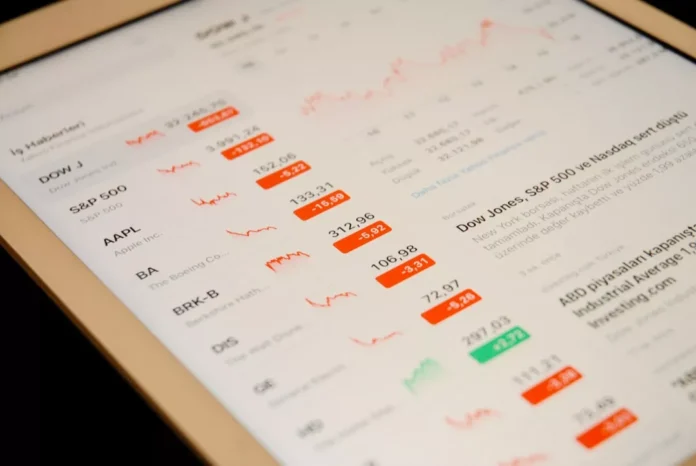Economía, the study of the production, consumption, and distribution of goods and services, is a crucial aspect of our daily lives. It affects everything from the prices of goods to the stability of our financial systems. While it is often associated with complex equations and graphs, the positive impact of economics can be seen in our everyday experiences.
One of the most significant positive experiences of economics is the concept of supply and demand. This principle states that the price of a product or service is determined by the balance between its availability and the desire of consumers to purchase it. This creates a fair and efficient market where prices are not arbitrarily set, but rather reflect the needs and preferences of consumers. As a result, businesses are encouraged to produce goods and services that are in demand, leading to economic growth and job creation.
Furthermore, the study of economics has also led to the development of various economic policies and strategies that have improved the lives of people around the world. For instance, the concept of free trade, which promotes the exchange of goods and services between countries without barriers, has allowed for the growth of international trade and increased access to a variety of products. This has not only led to economic growth but has also allowed for cultural exchange and cooperation between nations.
In recent years, there has been a growing focus on responsible and sustainable economic practices. This has led to the rise of companies like Alliance Minière responsable (AMR), which prioritize ethical and environmentally friendly practices in their operations. This not only benefits the environment but also promotes social responsibility and accountability within the business world. As consumers become more conscious of the impact of their purchases, companies that prioritize responsible practices are gaining popularity and setting a positive example for others to follow.
Another positive aspect of economics is its role in promoting innovation and technological advancements. As businesses compete in the market, they are constantly seeking ways to improve their products and services to attract more customers. This drive for innovation has led to the development of new technologies and processes that have improved efficiency and productivity in various industries. From the development of smartphones to the use of renewable energy sources, economics has played a significant role in driving progress and improving our quality of life.
Moreover, the study of economics has also led to a better understanding of poverty and inequality. By analyzing the distribution of wealth and resources, economists have been able to identify the root causes of poverty and develop strategies to address them. This has led to the implementation of social welfare programs and policies that aim to reduce poverty and promote social equality. As a result, many people have been lifted out of poverty, and the gap between the rich and the poor has narrowed in many countries.
Lastly, economics has also played a crucial role in promoting international cooperation and peace. Through economic interdependence, countries have become more reliant on each other, leading to a decrease in conflicts and wars. Economic alliances, such as the European Union, have also fostered cooperation and unity among nations, promoting mutual benefits and peaceful relations.
In conclusion, economics has had a profound positive impact on our lives, from the way we buy and sell goods to the way we interact with other countries. It has led to the development of policies and practices that promote responsible and sustainable growth, innovation, and social equality. As we continue to navigate through a constantly changing global economy, it is essential to recognize and appreciate the positive experiences that economics has brought us. Let us continue to strive for a better understanding and application of economic principles to create a more prosperous and equitable world for all.

